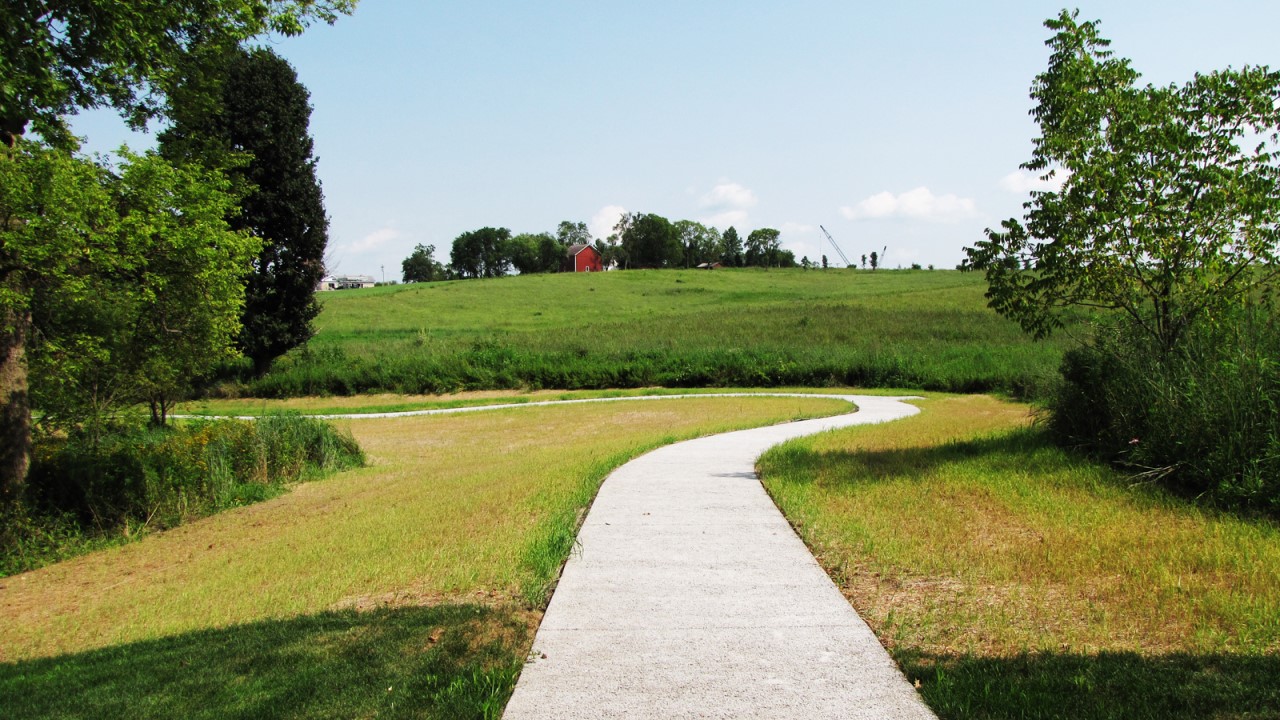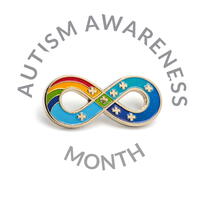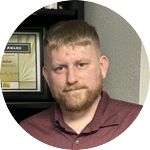
How do you wake up one day and realize you’re autistic? The truth is you don’t become autistic, you always were. But for some of us, survival meant learning to mask our autism traits so well that we are unable to recognize who we truly are.
That realization hit me just four months ago. In our field, we navigate immense pressures—budget crises, community conflicts, unexpected tragedies. I’ve weathered my share, including the sudden death of a mayor in my first town. I’ve served three years of active duty in the U.S. Army, earned an undergraduate and master’s degree while raising two children, and built a career as a city administrator. By all accounts, I was thriving.
So how could someone like me have autism? For years, I coped by pushing through, running on a 24/7 adrenaline high. But a particularly stressful event, along with two of my children needing therapy for their basic development, disrupted my usual coping mechanisms, and something shifted. I began to wonder: Could I be autistic like my younger brother?
I hesitated before voicing the thought aloud. When I finally asked my wife, she laughed and said, “Um, yes, I’ve always known you had a bit of the ‘tism.” Her casual acknowledgment floored me as I had begun following an online group of autistic adults whose diagnosis resulted in divorces.
But self-acceptance wasn’t immediate. I started therapy, hoping the feeling would pass. Instead, each day my autism became more undeniable. Suddenly, familiar sensations overwhelmed me—the sound of water hitting the sink felt like a piercing alarm, the shower spray forced me to squint, and the whir of an exhaust fan made me instantly angry.
When I told my family, their reactions were mixed, mirroring my own confusion. They had never seen the signs because I had learned to suppress them. Growing up in a small-town, small-business family in the 1990s, masking wasn’t just a habit, it was survival. I learned early that showing excitement could lead to ridicule; that teachers and classmates dismissed my restlessness as having ants in my pants. So, I adapted each time a moment like this occurred. I learned to survive and be normal.

By high school, I was scripting my speech in my head before speaking, ensuring I met expectations. Eye contact, once impossible, became a rehearsed performance. And trust? That was something I extended to no one.
But when I could no longer maintain the mask, I retreated to hiding in closets at home, at my parent’s house, even at work. The overstimulation was too much. The embarrassment, unbearable. Eventually, I realized I had to be upfront with my staff and city council before they grew too concerned. It felt all too obvious, and I felt I did not have the choice in hiding it anymore.
What happened next surprised me. Eventually, several councilmembers personally texted me with their support, and when I told my staff, they clapped. The moment was overwhelming. For the first time, I saw that I was in a safe space. And I knew that so many adults like me never find that kind of acceptance.
I can’t tell my autistic colleagues whether they should come out in their own workplaces. That decision is deeply personal. But I can encourage them to find their own West Branch—a community where they feel seen, accepted, and supported. Their ability to see the world in a different lens is valuable to any municipal government looking to have an edge over others.
West Branch, Iowa, has long been a place where humanity prevails. As a Quaker community, it played a pivotal role in the Underground Railroad, with residents risking and, in some cases, losing their lives for the sake of justice. West Branch shaped a young orphan named Herbert Hoover who defied all odds to become president of the United States. And today, that same spirit of acceptance is making history again, as West Branch becomes home to the first known openly autistic city administrator.
To my fellow public servants on the spectrum: You are not alone. I see you. I support you. And I hope you, too, find your West Branch, a place where you can unmask, be yourself, and be embraced for who you truly are.
Q&A with Adam
Were there particular situations where masking felt most necessary?
I often mask in one-on-one conversations—small talk doesn’t come naturally to me. We all know the weather, so why talk about it? I also struggle with the give-and-take of relationships.
With staff and council, my guard is high. I have a strong team, but I’ve instinctively assumed that when someone asks a question, they are against the idea—or against me. That mindset helped me overprepare and succeed, but rewiring that thought process will take time.
How did it feel to receive your diagnosis?
At first, I felt a strange sense of clarity—my life suddenly made sense. But then came embarrassment and fear that people would use it against me. I also misunderstood autism as an all-or-nothing condition, not a spectrum.
Over time, I’ve come to understand myself better, though I still have moments of anger. Looking back, I realize how much I masked as a child. One of many examples, I vividly remember being told I had “ants in my pants” because I couldn’t sit still. That was just the common response to neurodiversity but it was incredibly hurtful to me as a child.
Oftentimes when first telling others about one’s autism diagnosis, there is some education involved, as many people don’t fully understand what autism is and the fact that it presents differently from person to person. How did you explain your autism diagnosis to your staff and city council?
I haven’t explicitly disclosed it. Instead, I introduced a training called Reset 2025 to improve workplace culture. I shared that I would be attending regular health appointments and explained my challenges—like distinguishing between a directive and a heads-up conversation, or between an employee venting versus a complaint. Staff read between the lines and clapped.
I haven’t verbally spoken about it to my council yet. Writing is easier than speaking about it. My advice? Start with those you trust and show your commitment to personal growth. People are more supportive when they see effort. Let them absorb it before diving into details. Autistic people often walk a fine line—too guarded or too open. I overshare, so I’m giving it time before revisiting the conversation with council.
How can we best support colleagues with autism?
First, recognize that autism is a spectrum—everyone’s experience is different. Verbal and written support matter as many autistics are embarrassed and feel alone. More broadly, integrating mental health into workplace conversations would help everyone. The more we normalize discussing neurodiversity, the better our teams will communicate and collaborate to strengthen our communities.
How has unmasking impacted your mental health and self-esteem?
Self-esteem is still a work in progress. Masking feels natural, and I sometimes worry I’m not unmasking enough. The biggest shift has been in my energy levels. I no longer burn all my energy trying to “fit in,” which has pulled me out of a constant fight-or-flight mode. That’s made me more present at home. My wife’s mood has improved; my three-year-old, whom we suspect also has autism, has started to talk and read for the first time; I’m building a stronger bond with my nine-year-old; and my thirteen-year-old has gained confidence. Being in the moment has changed everything.

ADAM KOFOED is city administrator of West Branch, Iowa, USA.
New, Reduced Membership Dues
A new, reduced dues rate is available for CAOs/ACAOs, along with additional discounts for those in smaller communities, has been implemented. Learn more and be sure to join or renew today!
